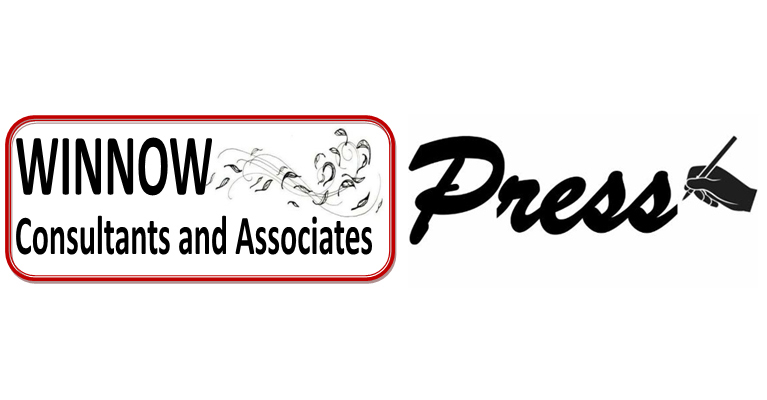Should I even bother? How Can I Make My Strategic Plan More Successful
First Published on September 15, 2020
The Strategic planning process is FAILING to deliver!!! This may be because many consultants and firm strategists may believe that developing a strategic direction is only about writing a plan.
A strategic formulation process is one in which the objectives may focus on firm improvement, firm expansion and in many cases firm survival. To acquire these objectives, many firms find it necessary to develop a strategic plan and employ a consultant to assist them in doing so. It is, however, very interesting to note that most consultants focus only on ensuring that the firm has a comprehensive document after their intervention but seldom stick around to see the outcome of their work.
What is the outcome you ask?
THE OUTCOME OF THE CONSULTANT’S WORK MUST BE THE MARKED IMPROVEMENT OF THE ORGANIZATION.

A strategic formulation and implementation process is supposed to be a revolutionary time in a firm’s development. It is a time that the organization raises its head from its routine activities to examine whether or not the routines are helping them achieve their goals. Without doing this AND ultimately getting the desired outcome, the company’s development and survivability can soon be in jeopardy.
Strategies are created for different purposes or for a collection of purposes. Some of the more frequent strategic plans focus on areas such as marketing and revenue expansion, efficiency, effectiveness of delivery, new product/service development, and Corporate Social Responsibility.
Routinely most consultants will intervene by coming into the organization to:
- review documents,
- talk to key stakeholders (both internally and externally),
- conduct PESTLE & SWOT analyses,
- devise measurable strategies that focus on areas of:
- Financial expansion,
- Organizational Efficiency,
- Learning and growth and
- Customer Care and expansion.
In the end a “comprehensive” Strategic Plan Document is then handed over to the organization and is usually comprised of:
- A Strategic Plan that focuses on where the firm is and where the firm wants to go and
- An Operations plan that itemizes the varying projects and the Process improvements that will get the firm there.
Despite all of this work, most times firms only accomplish 25% of all the goals of the strategy, thus making the process 75% ineffective. In light of this, many persons have arrived at the conclusion that strategic planning is ineffective and a waste of precious time.
This deliberation is not new at all and it is a very worthwhile one to have. Many company leaders ask themselves
“SHOULD WE REALLY WASTE THE MONEY AND TIME TO HAVE A STRATEGIC PLAN DONE?”
The Experts Debate – Strategic Planning Vs Strategic Thinking

A notable back and forth argument about strategic planning occurred between the American Scholar Professor Michael Porter and Canadian Scholar Professor Henry Mintzberg. In short, Porter stated that it is necessary to have a strategic plan as a clear reference document for the company as it steers through its uncharted future toward a desired outcome. This strategic plan is like the flight plan of the firm that helps members of the firm, preventing them from getting lost among many options and distractions.
Mintzberg, on the other hand, stated that in this ever-changing world, no one really follows a strategic plan. He believes that it is the nature of humans to work out issues as they move toward the goals set, particularly when empowered to do so. He highlighted that it is better to promote strategic thinking that is focused on a desired outcome than to regiment members of the company to follow a plan.
Essentially, he is indicating that a plan does not allow members to be flexible and bring forth ideas.
Mintzberg further stated that with strategic thinking, members of the firm will automatically work towards the company’s goals using the knowledge and resources that they have. They will be solving problems within their sphere(s) of work.

One of the major pluses in Mintzberg’s approach is the access gained to TACIT knowledge that is resident within every member’s mind. and every department of the firm.
(Tacit knowledge is that non-imitable knowledge embedded deep within the firm that brings about the firm’s competitive advantage)
Winnow’s Advice on Strategic planning Vs Strategic thinking
As it pertains to the academic debate by these two scholars I must say that I agree with both of them as they both expressed points of view that have significant merit, validity and relevance. Strategists and consultants can be far more effective if they use both approaches in their strategy formulation process.
It must be emphasized that most Consultancy firms focus heavily on the use of a Strategic Planning approach (Porter’s approach) rather than a Strategic Thinking approach (Mintzberg’s approach).
My advice to both the intervening consultant and the organization’s strategists/leaders is to use strategic thinking to support your strategic planning.
To help with this Winnow Consultants and Associates has prepared a checklist of actions and activities that a firm can adopt to build strategic thinking in their Firm.











Leave a Reply